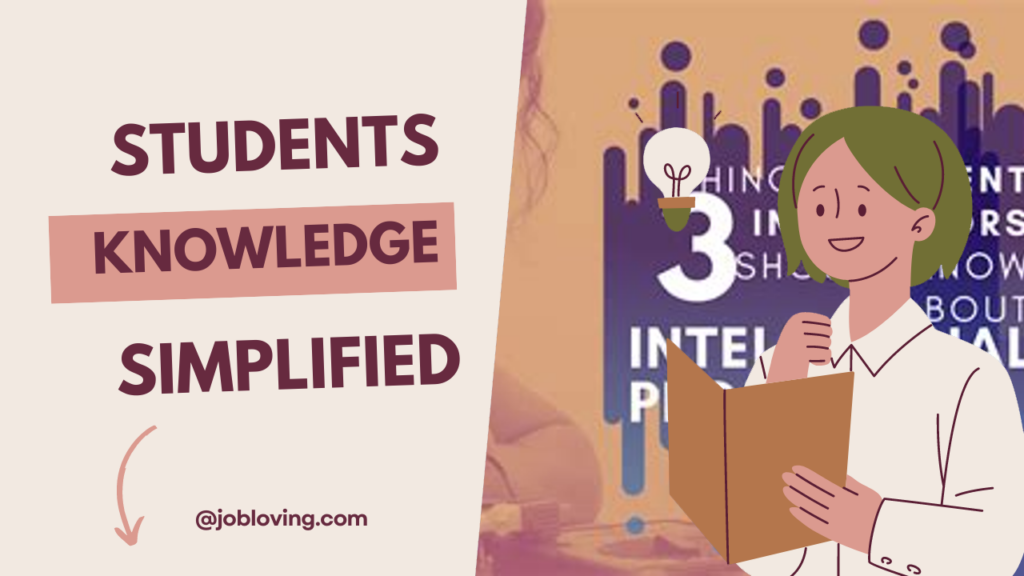When the topic of intellectual property (IP) arises in academia, it often leads to heated debates among students, faculty, and administrators. Many students may wonder, “Do universities have intellectual property rights over my creations?” The answer is nuanced and depends on various factors such as funding, resources, and institutional agreements.
Most commonly, universities claim ownership of student-created IP in situations where the creation occurs as part of a student’s employment duties or involves substantial university resources during academic pursuits. If a student is conducting research backed by external (government or corporate) funding or even internal grants, chances are the university may have rights to any innovations that emerge from that research. This broad ownership principle aligns with the Bayh-Dole Act, which was intended to spark innovation by allowing universities to patent inventions developed from federally funded research. The law has successfully pushed commercialization, with over 70% of licenses executed with entities known to the inventors—which points to their potential success in the market.
Yet, what if you concoct a brilliant invention during a midnight study session? If it’s created independently and lacks significant institutional resources, students often retain ownership. However, be mindful—the journey through patenting can take two to five years, often requiring profound legal and financial navigation, as securing a U.S. patent could set you back anywhere from $15,000 to $35,000!
Furthermore, there’s a slightly murky area surrounding scholarly works like research papers and theses. Although copyright law generally favors the content creator, universities often lay claim to the rights of any works produced—leading to ongoing tensions between students and institutions. Especially with the rise of online courses, the ownership of recorded lectures remains a hot topic as universities scramble to adapt their policies to digital alterations.
Students should approach these agreements with their eyes wide open; many don’t realize the potential implications of IP clauses embedded within their university policies. Just because a university claims ownership doesn’t automatically make those claims enforceable. In fact, students can negotiate these rights or even challenge IP clauses, particularly if they weren’t explicitly aware of the implications upon signing.
Legally speaking, universities might only hold a user license over student-generated works, especially since many student-faculty relationships are not formally employment-based. Hence, in instances where students decline to accept restrictive IP agreements, universities may be pushed to reconsider their policies in light of fairness and educational integrity.
As we continue to explore the intersections of academia and intellectual property, it becomes clear that transparent communication and easy access to IP governance are essential for both parties. By clarifying ownership in advance and fostering a collaborative spirit, universities can truly uphold their educational missions while nurturing creativity and innovation among students.
What factors influence a university’s ownership of student intellectual property?
Universities typically own intellectual property created by students using substantial university resources or funding. However, if students create IP independently without significant university support, they can retain ownership. Additionally, the nature of funding and research agreements can also dictate ownership rights.
How do universities balance their research missions with the commercialization of intellectual property?
Universities evaluate intellectual property based on its commercial potential and public good, not solely on technical merit. They license research-derived IP to the private sector while ensuring that their own IP rights are maintained, thus balancing academic research with commercial exploitation.
What role do students play in protecting their intellectual property rights?
Students can protect their rights by submitting an Intellectual Property Disclosure Form before sharing their ideas. They should also be aware of their rights regarding IP ownership and can challenge unfair clauses in contracts, especially if they have not explicitly agreed to them.
What are the implications of unclear intellectual property agreements between universities and students?
Unclear agreements can lead to ownership disputes and misunderstandings regarding IP rights. This ambiguity may result in universities claiming ownership over student-generated work, which can contradict their educational mission and values, potentially leading to reputational risks and legal challenges.

